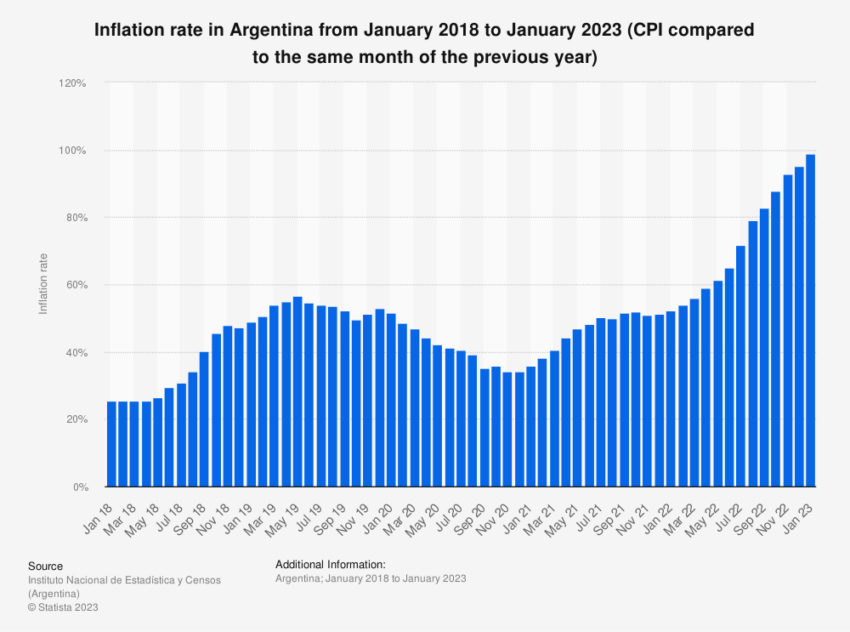Even as the controversy over WorldCoin and biometric validation rages, the citizens of Buenos Aires will soon have access to a new digital identity service making use of blockchain.
A pair of fintech innovators have partnered with the municipal government of Argentina’s capital. With a view to developing the service and making it available as early as next month.
Buenos Aires Aims for Privacy-Based Blockchain Solution
The new service, QuarkID, is the result of a collaboration on the part of three players. Extrimian, a digital identity-focused fintech firm, Layer 2 blockchain developer Matter Labs, and Buenos Aires’s city government.
Buenos Aires residents who download the QuarkID self-sovereign wallet will be able to access birth certificates, marriage certificates, and other documents, Extrimian said.
Besides these basic forms of identification and authentication, Quark ID will offer more specialized and specific ones starting in November. Including academic records and proof of income. A full menu of downloadable documents should be ready by the end of 2023, the company claimed.
Diego Fernandez, secretary of innovation in the city’s government, praised the role of blockchain. Namely, in bringing new levels of privacy to citizens.
“The city of Buenos Aires is driving this new digital trust framework to function as a public good, returning control over data to individuals and enabling a more agile and secure digital interaction between government, companies, and people,” he said.

How Pro-Innovation Is Argentina?
At first glance, the rollout of QuarkID might seem to be of a piece with general trends in Argentina. Last month, Javier Milei, a fintech-friendly national deputy, won 30% of all votes in Argentina’s primary election. Milei is affiliated with a popular coalition, La Libertad Avanza. He is now way ahead in presidential polls.
The need for innovative solutions is dire. In February, the nation’s annual inflation rate passed 100%.
Per a report in The Guardian, this marked the first time since the early 1990s that inflation in Argentia reached three figures. Prices of good that people need from day to day rise so often that they never know what things they habitually buy will cost, said the report.
Milei believes in the role of cryptocurrency, and Bitcoin specifically, as a remedy for the high inflation afflicting his country. The fact that nearly a third of Argentia’s voters signaled their support for him is promising.
All of which might appear to bode well for the rollout of QuarkID. But, apart from the other two-thirds of the populace who do not share Milei’s vision, there are factors working against such a service.
The WorldCoin Controversy
The July 24 rollout of WorldCoin has helped spur an international discussion about the culling of biometric data. The government of Kenya last month suspended WorldCoin pending further analysis of its effects on privacy.
As detailed in an August 3 Time feature, controversy persists. Namely about whether the biometric data obtained through iris scans holds out an opportunity for hackers.
In theory, WorldCoin deletes the data. But the feature described ongoing concerns about the possible sale of the data or its use for surveillance.
Regulators in France and the United Kingdom are investigating WorldCoin. Assurances notwithstanding, they have grave concerns about how its storage of biometric data may violate users’ legal rights.
Concerns that may haunt QuarkID and other fintech products and services that promote themselves as privacy-focused solutions.
 beincrypto.com
beincrypto.com
